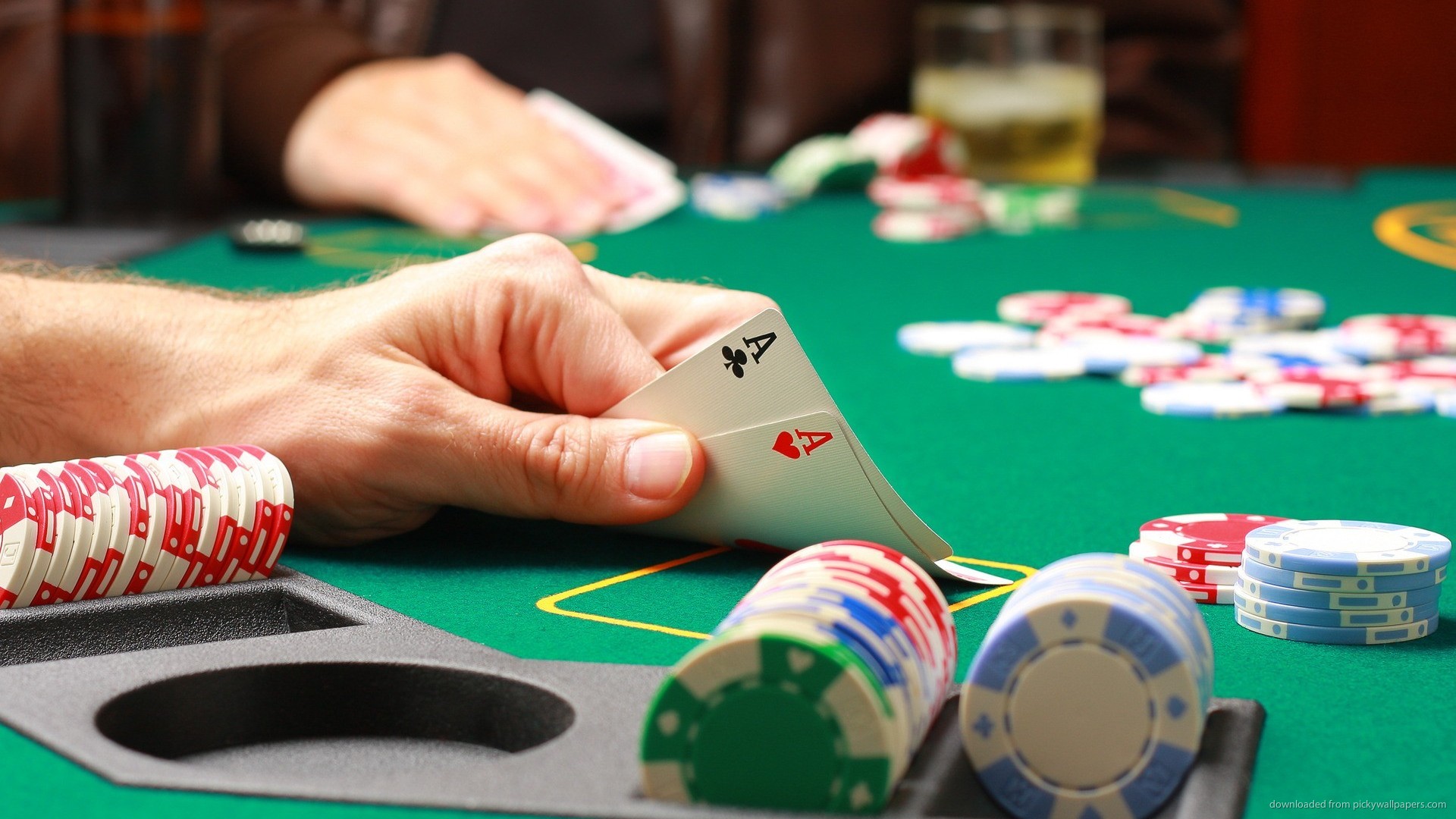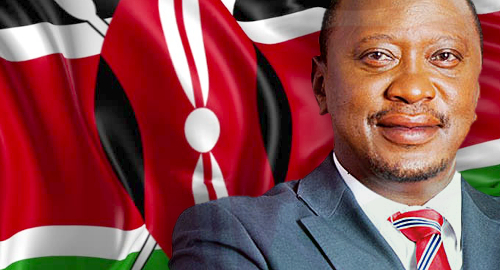A plan to reorganize the racing club industry in New Zealand isn’t winning a lot of support from the smaller clubs in the country. The plan would force them to close down their operations, sell their land and then transfer the money to a central pool. The new pool of funds – in other words, other people’s money – would be used to upgrade the larger race tracks and to shore up staking money.
At risk are 20 of the 48 racing clubs in the country. The recommendations came from John Messara, a horse owner and breeder who just happens to be the Chairman of Racing New South Wales (NSW). The smaller clubs are resisting the plan and assert that it is nothing more than an illegal confiscation of their assets.
Fortunately, law may be on the side of the clubs. According to Justine Abernethy, president of Gore Racing Club, points out that the club’s constitution, which was adopted in 1889, stipulates that its land would be returned to the community if the club were ever to shut down.
Another club, New Plymouth’s Stratford Racing Club, is 125 years old and currently has 60 horses in training. The land is worth around $2.3 million and is completely owned by the club. Stratford Racing Club president John Gray asserts, “We certainly didn’t think the recommendation in the report would have us selling up and not able to continue as a training centre.”










